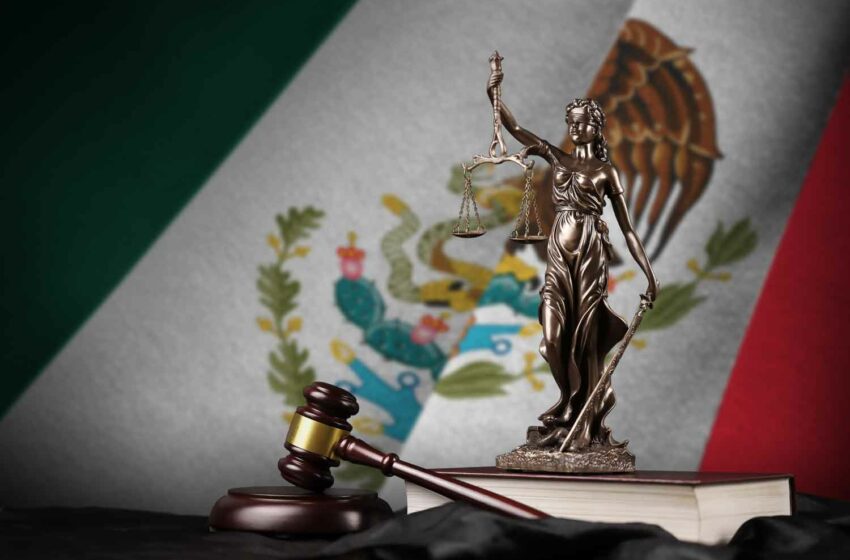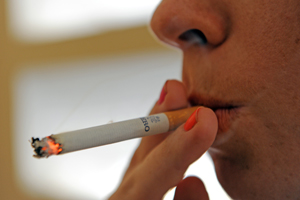Mexico’s vaping ban has been in place since May 2020 and has faced scrutiny in the courts.Read More
Tags :Mexico
The judgement applies only to the parties that brought the challenge, however. Read More
The presidential decree is the latest in a series of anti-vaping measures. Read More
The rules prohibit vapor and heated tobacco products in indoor public places. Read More
The new rules prohibit advertising and public smoking indoors. Read More
The share is up from just 2 percent in 2011 in the Latin American country.Read More
Vapor products remain illegal in Mexico following Supreme Court ruling. Read More
The incidence of smoking in Mexico increased marginally between 2011 and 2016, while the average number of cigarettes consumed per smoker per day rose by about 12 percent.Read More
Consumers in Mexico seem to be returning to licit cigarettes after a period in which anti-smoking initiatives caused consumption of such products to drop by 35 percent.Read More
Philip Morris International will buy Grupo Carso’s 20 percent share in Philip Morris Mexico (PMM)) for approximately $700 million. The purchasing price is subject to a potential adjustment based on PMM’s performance over three years Read More








